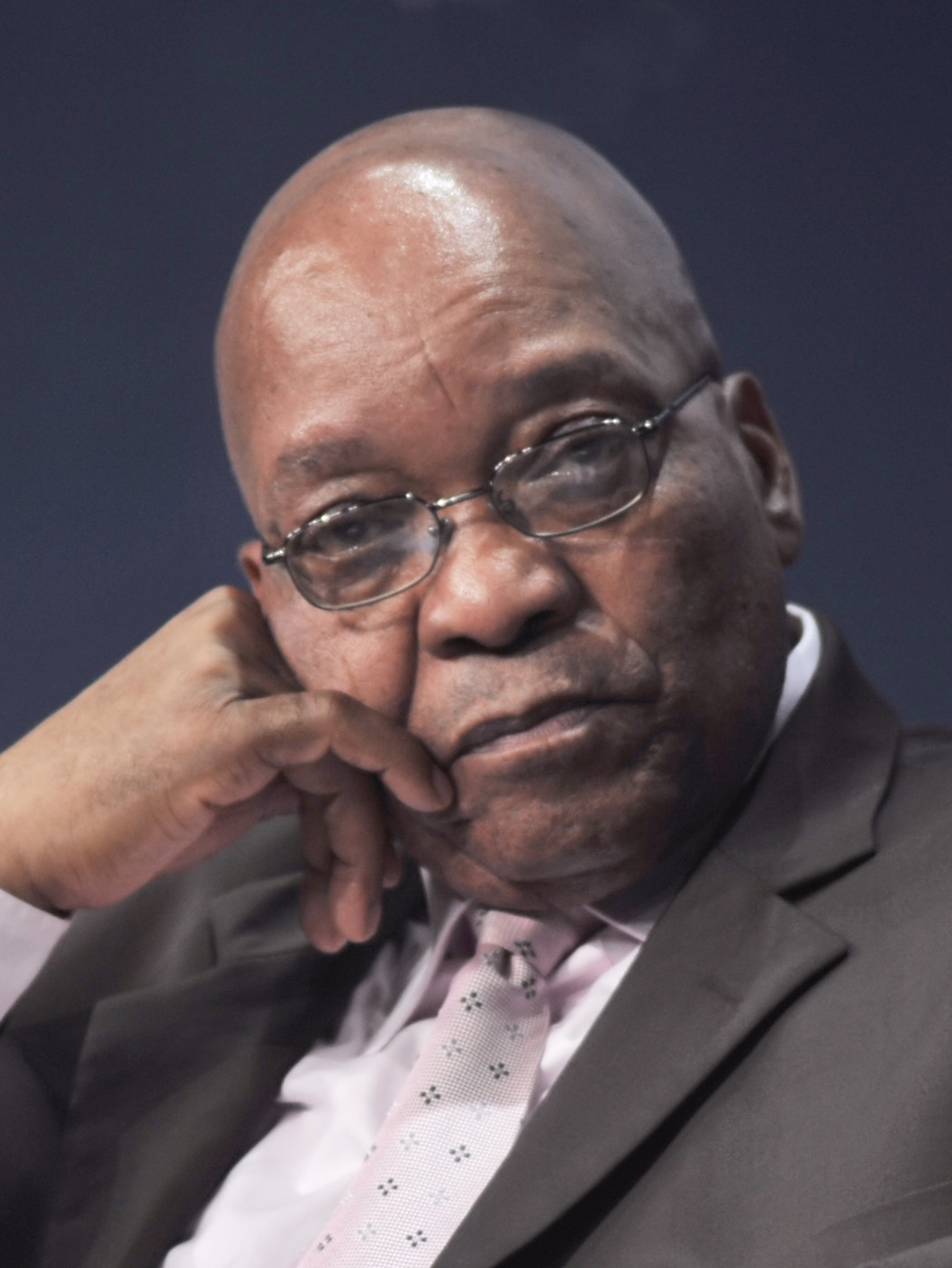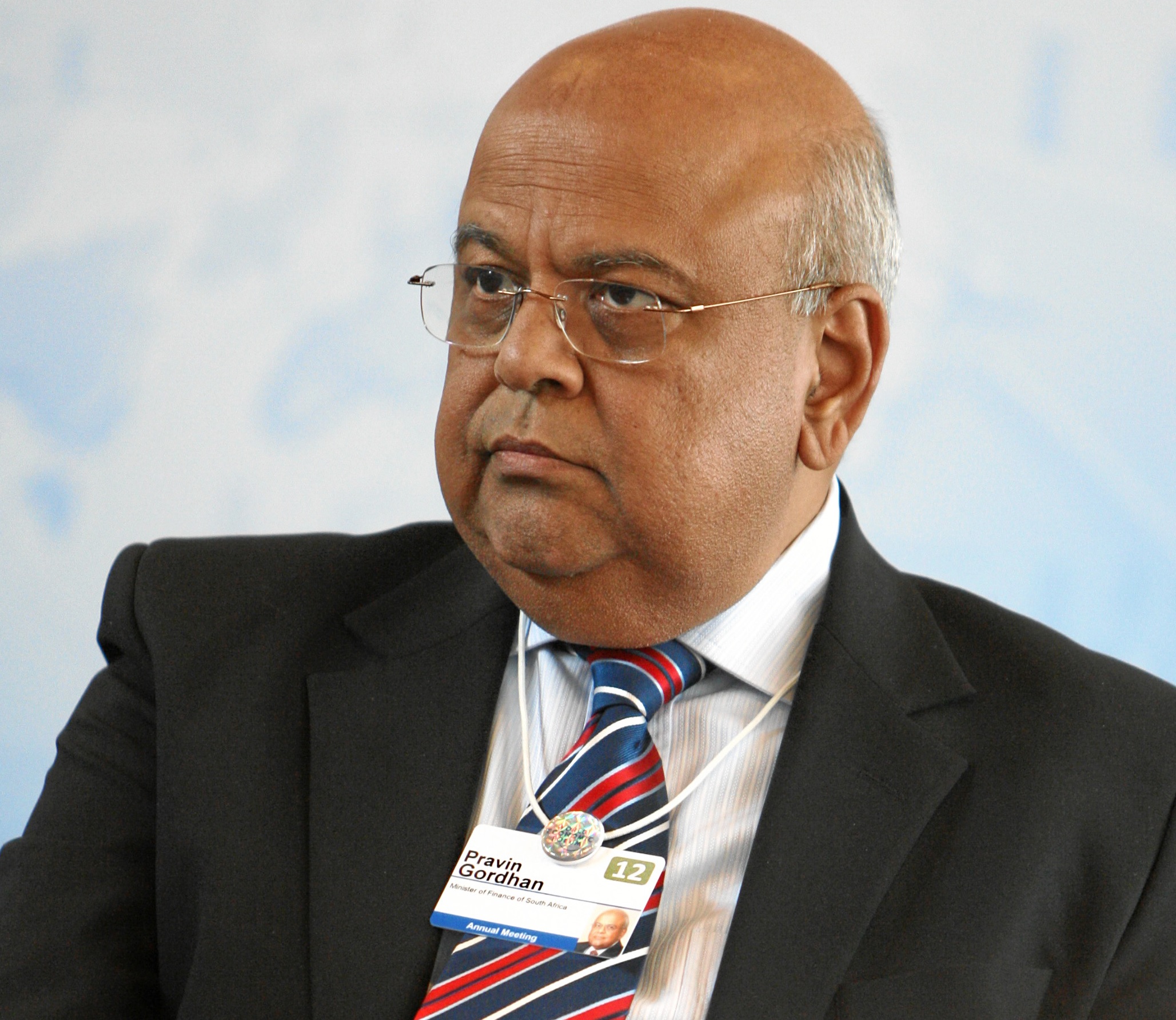|
Hawks (South Africa)
The Hawks are the South African Police Service, South African Police Services' Directorate for Priority Crime Investigation (DPCI), which targets organized crime, organised crime, economic crime, political corruption, corruption, and other serious crime referred to it by the President or another division of the South African Police Service (SAPS). It was set up as the Scorpions (South Africa), Scorpions by the Thabo Mbeki administration in 2001 but President Jacob Zuma replaced it with the Hawks as its succession in 2008, with much new associates. Establishment The decision to replace the Scorpions with a new organisation (The Hawks) came from a resolution taken by the ruling African National Congress (ANC) at the 52nd National Conference of the African National Congress in 2007 in Polokwane, Limpopo. The ANC argued that government oversight was needed in such a body so as to avoid the agency being used as a political tool to investigate politicians. This followed from a powe ... [...More Info...] [...Related Items...] OR: [Wikipedia] [Google] [Baidu] |
Scorpions (South Africa)
The Directorate of Special Operations (DSO), commonly known as the Scorpions, was a specialised unit of the National Prosecuting Authority of South Africa formed by President Thabo Mbeki, tasked with investigating and prosecuting high-level and priority crimes including organised crime and political corruption, corruption. An independent and multidisciplinary unit with a unique methodology which combined investigation, forensic intelligence, and prosecution, the Scorpions were known as an elite unit, and were involved in several extremely high-profile investigations, especially into the South African Arms Deal, Arms Deal and into high-ranking African National Congress (ANC) politicians including Jackie Selebi, Jacob Zuma, and Tony Yengeni. President Thabo Mbeki announced the establishment of the Scorpions in June 1999, promising "a special and adequately staffed and equipped investigative unit... to deal with all national priority crime, including police corruption." Though fo ... [...More Info...] [...Related Items...] OR: [Wikipedia] [Google] [Baidu] |
Law Enforcement In South Africa
Law enforcement in South Africa is primarily the responsibility of the South African Police Service (SAPS), South Africa's national police force. SAPS is responsible for investigating crime and security throughout the country. The "national police force is crucial for the safety of South Africa's citizens" and was established in accordance with the provisions of Section 205 of the Constitution of South Africa. History European Colonization (1652-1910) The mid-seventeenth century marked the beginning of European interest in the Western Cape, in what is currently South Africa. In its earliest stages, the colony was run by the Dutch East India Company. During their occupation, and well into British colonization of the area, there were a variety of policing units throughout the various areas of the vast colony. Cape of Good Hope From 1652 until 1840, the primary law enforcement agency in Cape Town was the Fiscal's law enforcement officers who maintained law and order in the ar ... [...More Info...] [...Related Items...] OR: [Wikipedia] [Google] [Baidu] |
Silverton, Pretoria
Silverton is an eastern suburb of Pretoria, South Africa. It lies wedged between the slopes of the Magaliesberg The Magaliesberg (historically also known as ''Macalisberg'' or ''Cashan Mountains'') of northern South Africa, is a modest but well-defined mountain range composed mainly of quartzites. It rises at a point south of the Pilanesberg (and the Pil ... mountain range. History The suburb was established in 1890. During the depression, the town's nickname was ''Blikkiesdorp '' because of the numerous shanty dwellings inhabited by poor white farmers. It remained independent of Pretoria until it was incorporated into the city in 1964. References Suburbs of Pretoria {{Gauteng-geo-stub ... [...More Info...] [...Related Items...] OR: [Wikipedia] [Google] [Baidu] |
Robert McBride (police Officer)
Robert McBride (born 6 July 1963) is the former chief of the metropolitan police for Ekurhuleni Metropolitan Municipality. During the apartheid era he was a member of Umkhonto we Sizwe, the paramilitary wing of the African National Congress, and was convicted of terrorism after he bombed Magoos Bar, a busy Durban night club, in an attack that killed three people. However, this conviction was "for all purposes...deemed not to have taken place" under the Promotion of National Unity and Reconciliation Act. In February 2014 McBride was appointed as executive director of the Independent Police Investigative Directorate. In March 2015 he was suspended from this position by the Minister of Police. The decision was set aside by the Constitutional Court of South Africa in September 2016. He has been appointed as head of the Foreign Branch of the State Security Agency from 1 July 2020. Biography During apartheid McBride was born in Addington Hospital to Derrick McBride and grew u ... [...More Info...] [...Related Items...] OR: [Wikipedia] [Google] [Baidu] |
Independent Police Investigative Directorate
The Independent Police Investigative Directorate (IPID), formerly the Independent Complaints Directorate (ICD), is an agency of the South African government responsible for investigating complaints against the South African Police Service and municipal police services. The IPID was created in April 1997 as part of the post-apartheid reform of the South African Police. It investigates deaths in custody A death in custody is a death of a person in the custody of the police, other authorities or in prison. In the 21st century, death in custody remains a controversial subject, with the authorities often being accused of abuse, neglect, racism and ..., crimes allegedly committed by police officers, violations of SAPS policy, and dissatisfaction with the service provided by the police. References External links Official website 1997 establishments in South Africa Government agencies established in 1997 Law enforcement agencies of South Africa Crime in South Africa Police ... [...More Info...] [...Related Items...] OR: [Wikipedia] [Google] [Baidu] |
Nhlanhla Nene
Nhlanhla Musa Nene ( tɬantɬa born 5 December 1958) served as the Minister of Finance of South Africa under President Jacob Zuma from 25 May 2014 until his controversial removal on 9 December 2015, and under President Cyril Ramaphosa from 27 February 2018 until his resignation on 9 October 2018. He also previously served as the Deputy Minister of Finance in the Cabinet of South Africa from November 2008 to May 2014, as chairperson of the Finance Portfolio Committee in the South African Parliament, and as a Member of Parliament for the African National Congress (ANC) starting in 1999. His home is in Kranskop, KwaZulu-Natal. Education Nene holds a B.Com Honours degree in Economics from the University of Western Cape (UWC). He also obtained a Diploma in Marketing Management DMS; an Advanced Diploma in Economic Policy from the UWC; a Certificate in Economic Policy from the University of South Africa (UNISA); and a Certificate in Macro and Micro Economics from the University of Lo ... [...More Info...] [...Related Items...] OR: [Wikipedia] [Google] [Baidu] |
Jacob Zuma
Jacob Gedleyihlekisa Zuma (; born 12 April 1942) is a South African politician who served as the fourth president of South Africa from 2009 to 2018. He is also referred to by his initials JZ and clan name Msholozi, and was a former anti-apartheid activist, member of Umkhonto we Sizwe, and president of the African National Congress (ANC) between 2007 and 2017. Zuma was born in the rural region of Nkandla, which is now part of the KwaZulu-Natal province and the centre of Zuma's support base. He joined the ANC at the age of 17 in 1959, and spent ten years in Robben Island Prison as a political prisoner. He went into exile in 1975, and was ultimately appointed head of the ANC's intelligence department. After the ANC was unbanned in 1990, he quickly rose through the party's national leadership and became deputy secretary general in 1991, national chairperson in 1994, and deputy president in 1997. He was the deputy president of South Africa from 1999 to 2005 under President Thab ... [...More Info...] [...Related Items...] OR: [Wikipedia] [Google] [Baidu] |
South African Revenue Service
The South African Revenue Service (SARS) is the revenue service of the South African government. It administers the country's tax system and customs service, and enforces compliance with related legislation. It is governed by the SARS Act 34 of 1997, which established it as "an organ of state within the public administration, but as an institution outside the public service." It thus has a significant degree of administrative autonomy, although it is under the policy control of the Minister of Finance. Effectively, SARS manages, administrates, and implements the tax regime as designed by the Minister and National Treasury. SARS was established in 1997 by a merger of the customs and inland revenue departments, at the recommendation of the Katz Commission, which had been instituted to review the South African tax system for the post-apartheid era. In subsequent years, under the leadership of Pravin Gordhan, SARS gained a reputation for effectiveness. However, between 2014 and ... [...More Info...] [...Related Items...] OR: [Wikipedia] [Google] [Baidu] |
Pravin Gordhan
Pravin Jamnadas Gordhan (born 12 April 1949) is a politician and anti-apartheid activist who has held various ministerial posts in the Cabinet of South Africa. He served as Minister of Finance from 2009 until 2014 and again from 2015 until 2017, as Minister of Cooperative Governance and Traditional Affairs from 2014 until 2015, and as Minister of Public Enterprises since February 2018. Early years Pravin Gordhan was born in Durban, and matriculated from Sastri College in 1967. In 1973 he graduated from the University of Durban-Westville with a Bachelor of Pharmacy degree. Gordhan became associated with members of the Natal Indian Congress (NIC) In 1971 and was elected to its executive council in 1974. During the 1970s, Gordhan helped establish grassroots organisations that became involved in underground activities and associated with the African National Congress (ANC) and later the South African Communist Party (SACP). He completed his pharmacy internship at King Edwar ... [...More Info...] [...Related Items...] OR: [Wikipedia] [Google] [Baidu] |
Mail And Guardian
The mail or post is a system for physically transporting postcards, letters, and parcels. A postal service can be private or public, though many governments place restrictions on private systems. Since the mid-19th century, national postal systems have generally been established as a government monopoly, with a fee on the article prepaid. Proof of payment is usually in the form of an adhesive postage stamp, but a postage meter is also used for bulk mailing. With the advent of email, the retronym "snail mail" was coined. Postal authorities often have functions aside from transporting letters. In some countries, a postal, telegraph and telephone (PTT) service oversees the postal system, in addition to telephone and telegraph systems. Some countries' postal systems allow for savings accounts and handle applications for passports. The Universal Postal Union (UPU), established in 1874, includes 192 member countries and sets the rules for international mail exchanges as a Special ... [...More Info...] [...Related Items...] OR: [Wikipedia] [Google] [Baidu] |
Nomgcobo Jiba
Nomgcobo Jiba''wasthe Deputy National Director of Public Prosecutions in South Africa. Early life and education Nomgcobo Jiba obtained her LLB from Walter Sisulu University in 1989 and went on to obtain her master's degree in Commercial Law in 1996. Career Jiba worked as a prosecutor in Peddie magistrate's court in the Eastern Cape in 1988 going on to also practice in courts at Tsolo and Mthatha. She resigned from government in 1997 to work for the legal firm Qunta Ntsebeza in Cape Town so as to work towards becoming an attorney, qualifying in 1998. In 1999 Jiba worked for Deloitte & Touche as a Senior Forensic Consultant in Pretoria and joined the Investigating Directorate for Serious Economic Offences as a Senior State Advocate. The Investigating Directorate was disbanded in 2001 and replaced by the Scorpions whereupon Jiba was appointed Deputy Director of Public Prosecutions. She was appointed Senior Deputy Director of Public Prosecutions in 2006. After the Scorpions was ... [...More Info...] [...Related Items...] OR: [Wikipedia] [Google] [Baidu] |




